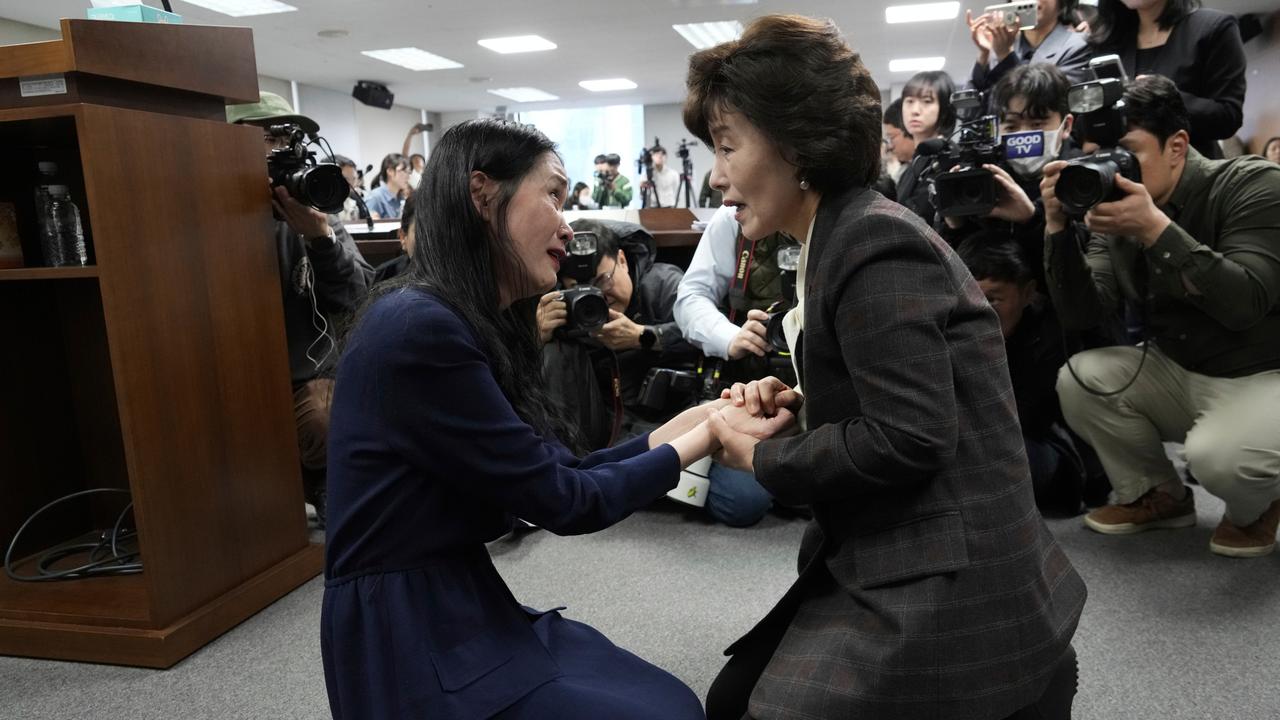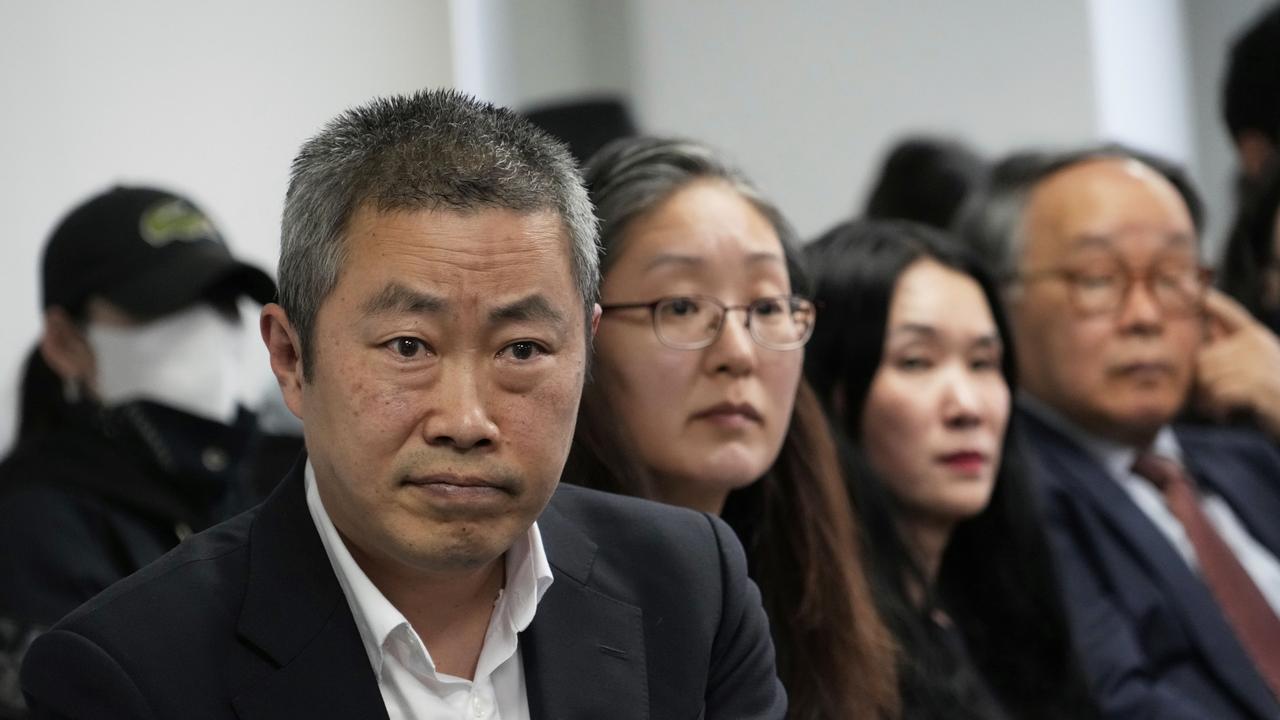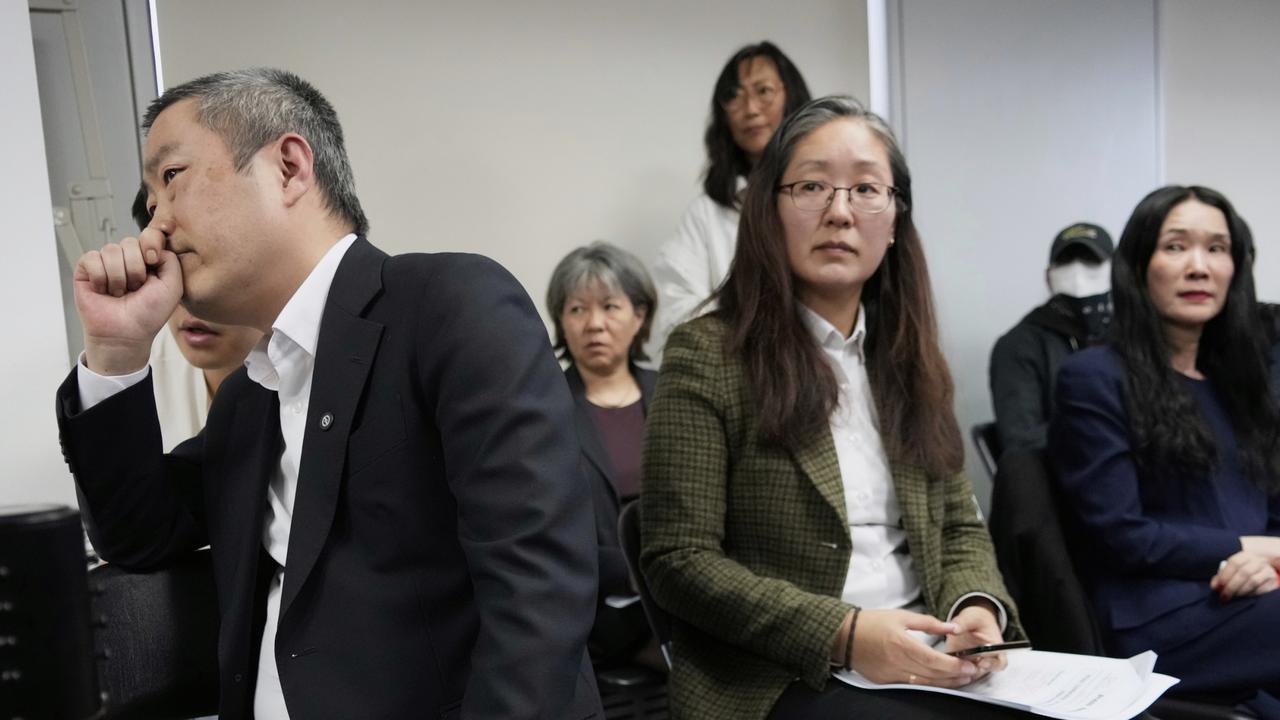‘Shameful’: South Korea responsible for international adoption fraud, inquiry finds
The government of one of the world’s biggest baby exporters has been found responsible for abuse in child adoptions in a landmark investigation.
South Korea’s government enabled the “mass exportation” of children with private adoption agencies by fabricating birth records and failing to follow consent procedures, a landmark investigation has found.
The nation, which remains one of the biggest exporters of babies in the world, sent over 140,000 children overseas between 1955 and 1999 for adoption.
In an announcement on Wednesday, South Korea’s Truth and Reconciliation Commission concluded – after a two-year and seven-month investigation – that human rights violations occurred in international adoptions of children, including “fraudulent orphan registrations, identity tampering, and inadequate vetting of adoptive parents” and recommended the government issue an official state apology.
“It was determined that the state neglected its duty … resulting in the violation of the human rights of adoptees protected by the constitution and international agreements during the process of sending a lot of children abroad,” said the commission, which noted there was a “mass exportation” of children by local agencies to meet foreign demand.
The Truth and Reconciliation Commission confirmed human rights violations in only 56 out of 367 complaints, saying there was an overwhelming amount of data to try to verify, and said it would “make efforts” to review the remaining cases before its investigation expires on May 26.

The commission said “numerous cases were identified where proper legal consent procedures” for South Korean birth parents were “not followed”.
It also found the government failed to regulate adoption fees, allowing agencies to set them through “internal agreements”, effectively turning it into a profit-driven industry.
And despite regulations requiring verification of adoptive parents’ eligibility, an overwhelming majority – 99 per cent – of intercountry adoption approvals in 1984 alone were granted on the same day or the following day, the commission said, citing its investigation.
“These violations should never have occurred,” the commission’s chairman Park Sun-young told reporters.
“This is a shameful part of our history,” she added.
“While many adoptees were fortunate to grow up in loving families, others suffered great hardship and trauma due to flawed adoption processes. Even today, many continue to face challenges.”

South Korea’s adoption history
International adoption began in South Korea after the Korean War as a way to remove mixed-race children, born to local mothers and American GI fathers, from a country that emphasised ethnic homogeneity.
It became a big business in the 1970s to 1980s, bringing international adoption agencies millions of dollars as the country overcame post-war poverty and faced rapid and aggressive economic development.
More recently, the main driver has been babies born to unmarried women, who still face ostracism in a patriarchal society, and according to academics, are often forced to give up their children.
For years, Korean adoptees have advocated for their rights, many reporting that their birth mothers were forced to give up their children, leading to the fabrication of records to make them legally adoptable.
Some South Korean birth parents and adoptees even claimed that their children were kidnapped by agents who sought out unattended children in poor neighbourhoods, or that authorities directed lost children towards adoption without trying to reunite them with their families, in some cases intentionally changing the child’s identity.

“Victims to state violence”
Some adoptees expressed dissatisfaction with the commission's findings on Wednesday, urging it to fully recognise violations in all 367 cases.
“Without the truth, our lives rests upon guesses, estimations and creative narratives,” Boonyoung Han, a Danish Korean adoptee, said in a statement.
“We are victims to state violence but without a trace! Literally. Destruction and withholding of our documents must not leave us open to eternal uncertainty.”
Hanna Johansson, a Korean adoptee in Sweden, said she considers the commission’s announcement a “victory” for her adoptee community regardless.
“I also hope that more and more South Korean (birth) parents who lost their child without their consent will come forward and demand justice,” she told AFP.





